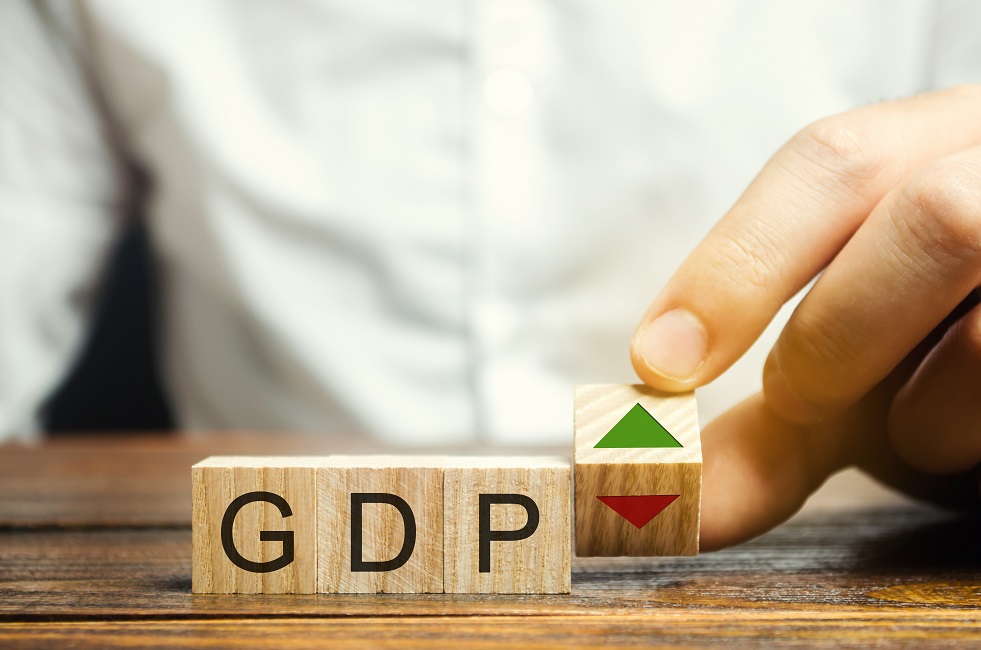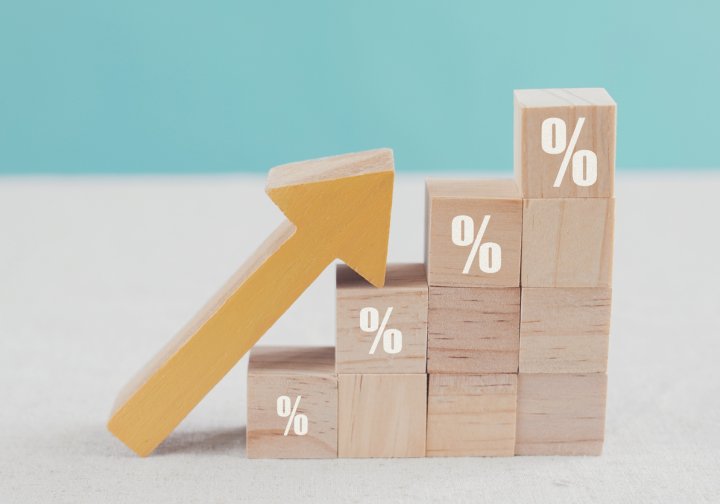Businesses are “cautiously optimistic” about the future after the economy bounced back strongly last year, believes East Midlands Chamber – but it warns that rising costs means stormy waters are ahead for some time yet.
The UK’s gross domestic product (GDP) increased by 7.5% in 2021 – the fastest pace of growth since 1941 – having fallen by 9.4% in the previous year when the harshest lockdown restrictions forced numerous industries to shut down temporarily.
But with the economy shrinking by 0.2% in December as a result of “Plan B” measures to combat the Omicron variant, and costs for staffing, energy and raw materials rising significantly through the early part of 2022, the prospects for the continued rate of growth remain in the balance.
Businesses ‘always remained viable’ despite lockdown restrictions
Chris Hobson, director of policy and external affairs at East Midlands Chamber, said: “The headline figure clearly illustrates both the resilience and potential of the UK economy, having come through some extraordinary challenges over the past two years to record a strong recovery.
“Throughout the bleakest moments of the pandemic, we continued to state that the businesses directly impacted by lockdown restrictions remained viable in the long term once they were able to operate as normal.
“Ultimately, what businesses really want is an economy that’s fully open and functioning, and we’ve been encouraged by the strong demand that met the lifting of restrictions.
“In conversations with firms across the East Midlands in numerous sectors, we know they are excited to now move on to the next chapter and have a successful 2022. However, they recognise there are some significant immediate-term challenges ahead related to the spiralling cost of doing business, which must not go unaddressed.”
New research highlights price rise issues for businesses
In the Chamber’s Quarterly Economic Survey, the proportion of East Midlands businesses concerned about future price rises grew from 46% in Q3 2021 to 62% in Q4 2021. This rose to more than 90% when looking solely at manufacturers.
This week, the British Chambers of Commerce (BCC), of which East Midlands Chamber is one of the largest members, published research illustrating further the various price pressures facing businesses in the Midlands – with 62% citing rising costs from utilities such as gas and electricity, 60% from raw materials, 59% from staffing, 51% from fuel, 35% from import or export tariffs, 30% from shipping containers and 27% from UK taxes.
As a result, three-quarters (76%) of firms in the Midlands plan to increase their own prices, with only 6% saying they didn’t face any pressure to do so.
Chris added: “These challenges are from a combination of factors – some are global pressures and others more pertinent to the UK economy – and while we’re confident they will even themselves out in time, it creates a tricky path for businesses to navigate and manage costs in the immediate future.
“So while the economic bounceback is reassuring, there is perhaps only cautious optimism right now as we grapple spiralling inflation and price rises – issues that ultimately hit consumers in the pocket and affect the private sector’s ability to grow and create jobs.
“It’s therefore crucial the Government does all it can to tackle these medium-term issues and, in the longer term, ensures it doesn’t place any additional costs on businesses and individuals for the remainder of this Parliament.”
Five-point plan to tackle the cost of doing business crisis
In a letter to Chancellor Rishi Sunak on 3 February, the BCC’s director-general Shevaun Haviland laid out the issues facing firms in relation to energy and raw materials costs, and the impact the incoming national insurance increase will have in compounding these factors. She put forward a five-point policy to respond:
1. Publish the findings of the Government’s Supply Chain Advisory Group and Industry Taskforce and work with businesses to deliver practical solutions to ease the supply and labour shortages that continue to drive the upward pressure on prices.
2. A moratorium, for the life of this Parliament, on all policy measures that increase business costs, including no new business taxes or added regulatory burdens, but excluding only evidence-based changes to the National Living Wage.
3. A temporary energy price cap for smaller businesses to protect them from some of the price increases they would otherwise face, offering the same protection as households.
4. Additional financial support, through the expansion of the energy bills rebate scheme for households to also include small firms and energy intensive businesses and a new support fund, administered by Ofgem to support to the smallest firms with their soaring energy bills.
5. Delay the impending national insurance rise by one year to give firms much needed financial headroom to weather this unprecedented surge in costs and allow them to power the recovery.
Shevaun added: “Without help from the Treasury to weather this storm many businesses, especially smaller ones, will be faced with a nearly impossible situation that will leave them with little choice but to raise prices.
“The Chancellor must implement our five-point plan to give firms a chance to stabilise without having to seriously increase their prices, cut jobs or the investment that is so vital to sustaining our economic recovery from Covid.
“Unabated, the surging cost pressures produced by the cost-of-doing-business crisis will continue to lead to increased prices and fuel the cost-of-living crisis currently being faced by people across the country.”








